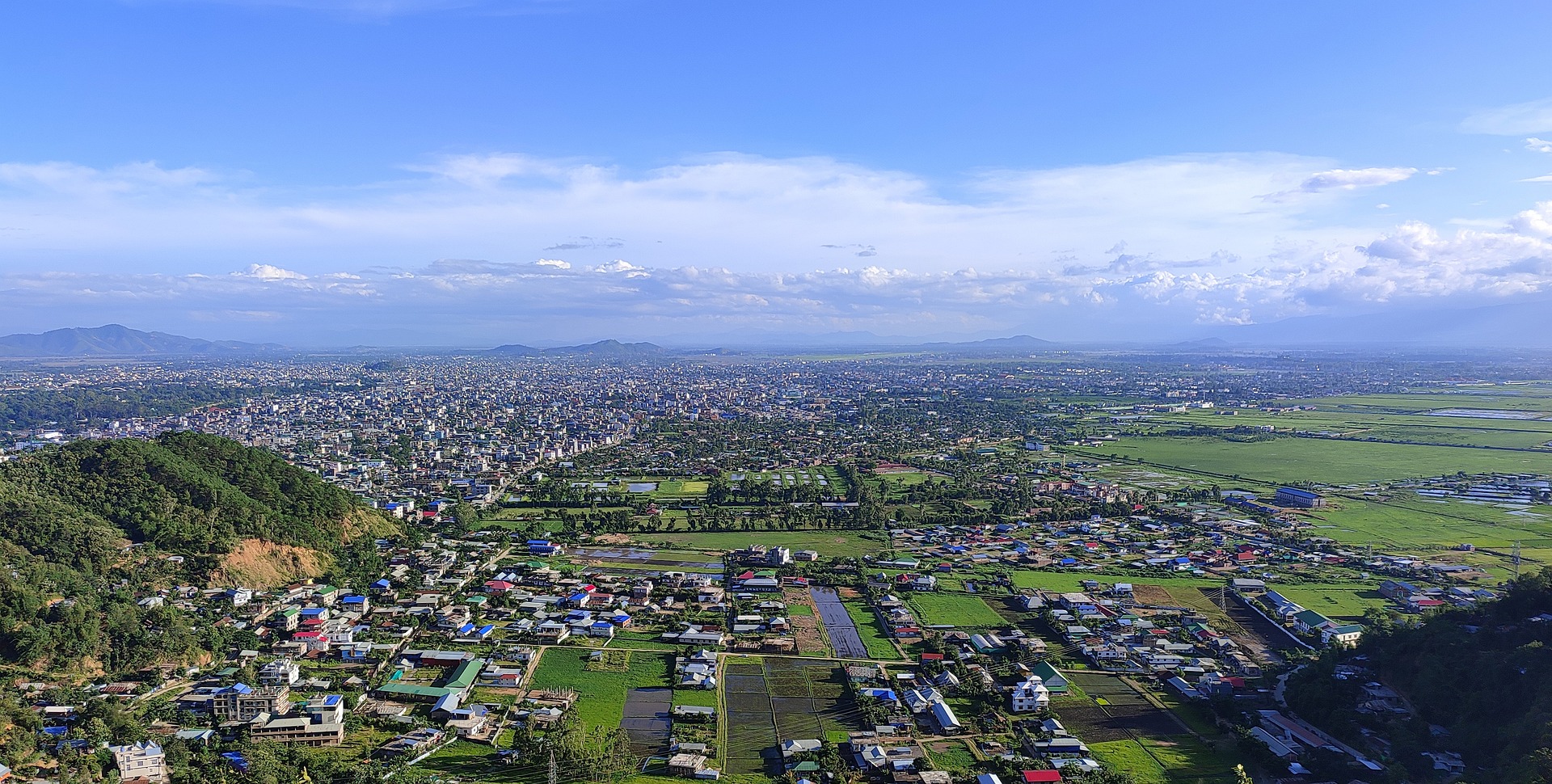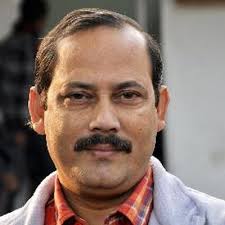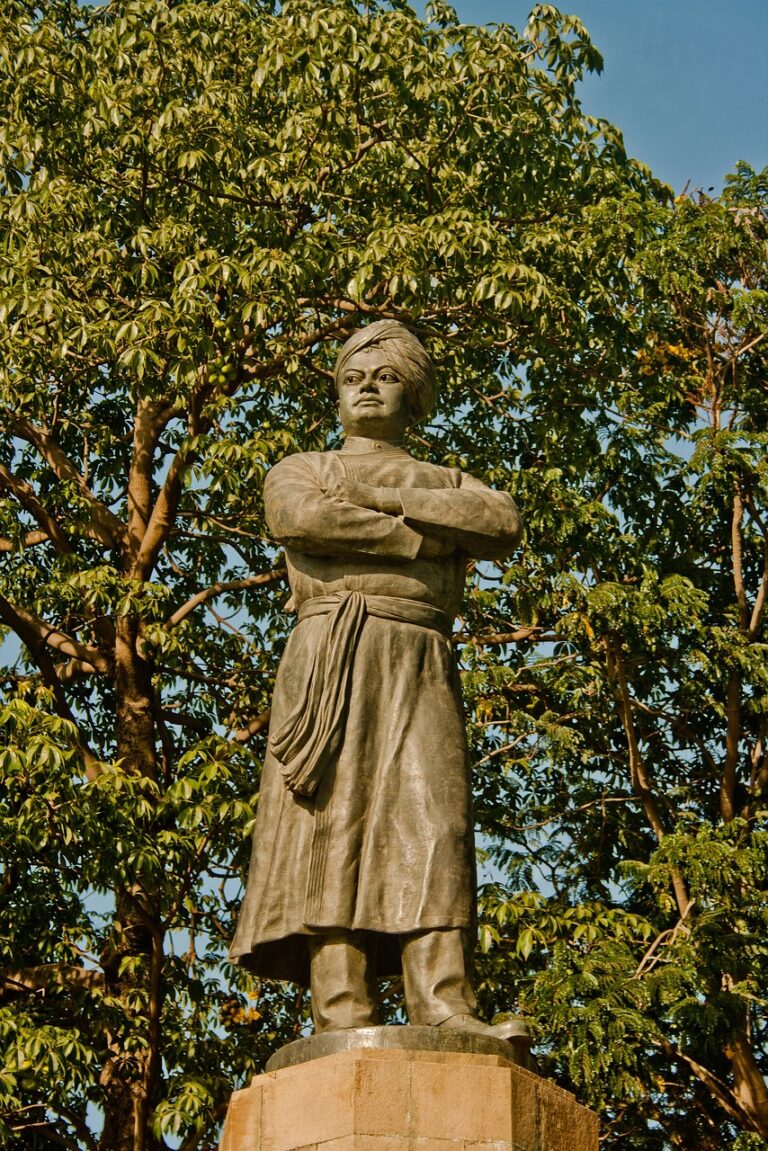
Imphal, Manipur
Guwahati: Prime Minister Narendra Modi’s new cabinet has given less space to the Parliamentarians from the Northeast region comprising eight Indian States. Compared to the Modi 2.0 cabinet, where once five Parliamentarians representing Assam, Arunachal Pradesh, Manipur and Tripura were inducted into the Union ministry, this time it has been reduced to three representatives only (to date). Former Union minister Sarbananda Sonowal retained his ministry (Union ports, shipping and waterways), whereas another central minister Kiren Rijiju got parliamentary and minority affairs portfolios. New entry Pabitra Margherita, who is a Rajya Sabha member from Assam, received deputy minister’s post in textiles and external affairs.
Significantly, the Indian National Congress (INC) gained slightly in the General Elections 2024 from the northeast region of India this time. The Congress party, which once ruled the entire region, had some good news as it could increase one seat to its tally out of 25 members in the Lower House of Parliament (if compared to the last national polls in 2019) from the States of the north-eastern region. The party made wins in Manipur, Nagaland and Meghalaya even though it failed to enhance the number in Assam. With more to it, the party failed to attract the voters of Tripura, Mizoram, Sikkim as well as Arunachal Pradesh (where it had to satisfy with only one seat in the Itanagar-based State legislative assembly, as polls were simultaneously conducted with the Parliamentary elections).
Also read:
- Modi’s Cabinet: A big moment for Kerala
- Modi allocates portfolio to ministers
- Narendra Modi takes oath with 71 other ministers
The Bharatiya Janata Party, which currently rules six north-eastern States directly or as an ally to the governments, suffered defeats in both Parliamentary seats of Manipur and Meghalaya along with the lone Lok Sabha seat of Nagaland.
The non-BJP and non-Congress governments of Mizoram as well as Sikkim could convince their voters for the regional party candidates in the national polls. The ruling Zoram People’s Movement (ZPM) nominee won the lone seat from Mizoram and the Sikkim Krantikari Morcha (SKM) candidate had the last laugh in their single Lok Sabha seat. The ruling SKM had also recorded outstanding performance in the Gangtok-based 32-member State assembly elections winning 31 seats.
The Congress could not recover the lone Mizoram Lok Sabha seat, where the ZPM nominee Richard Vanlalhmangaiha emerged victorious after defeating his rivals namely Pu Lalbiakzama (Congress) and K Vanlalvena (Mizo National Front). Similarly, the SKM candidate Indra Hang Subba overpowered Gopal Chettri (Congress) and Prem Das Rai (Sikkim Democratic Front) in the lone Sikkim LS seat.
The violence-hit Manipur electorates gave mandates to Congress candidates namely Angomcha Bimol Akoijam from the Inner Manipur Lok Sabha seat and Kanngam S Arthur in the Outer Manipur constituency. Akoijam, who teaches at Jawaharlal Nehru University defeated the saffron party candidate (also State education minister) Thounaojam Basanta Kumar Singh. Similarly, Arthur defeated the BJP-supported Naga People’s Front (NPF) nominee Kachui Timothy Zimik in the other Lok Sabha seat. The loss in both Lok Sabha seats indicates a negative mandate for the saffron party in general and N Biren Singh-led BJP coalition government in particular. The lone Nagaland Lok Sabha seat was won by Congress nominee Supongmeren Jamir defeating the Nationalist Democratic Progressive Party nominee Chumben Murry.
In Meghalaya’s Tura seat, the Congress candidate Saleng A Sangma overpowered the sitting MP and a National People’s Party (NPP) candidate Agatha Sangma. On the other hand, Ricky Andrew J Syngkon (nominated by the Voice of the People Party) defeated another NPP candidate (also State minister) Ampareen Lyngdoh in the Shillong seat. Realising the ground reality, the BJP did not field any candidate in Meghalaya and supported both the NPP candidates. The loss in both seats may emerge as a serious challenge to Meghalaya chief minister Conrad Sangma in the coming days as he had to concede the defeat of her sister Agatha on home turf.
In Arunachal Pradesh, both the Lok Sabha seats were won by saffron candidates and the BJP also succeeded in retaining power in Itanagar with 46 seats in the 60-member legislative assembly for the third consecutive time. Rijiju defeated Congress nominee Nabam Tuki in the Arunachal West seat and sitting saffron MP Tapir Gao won in the Arunachal East constituency. As predicted, both LS seats in Tripura were won by the BJP-led National Democratic Alliance (NDA) candidates, where the ruling BJP fielded former State chief minister Biplab Kumar Deb against the united opposition candidate Ashish Kumar Saha in the Tripura East seat. On the other hand, Tipra Motha nominee Kriti Singh Devbarma defeated CPM candidate Rajendra Reang in the West Tripura seat.
In Assam, the Congress won three Lok Sabha seats (as done in the 2019 national elections), but the BJP could increase its tally to 11 with the support of two winning alliance partners. Legislator Phani Bhusan Choudhury (Asom Gana Parishad) defeated the Congress nominee Deep Bayan in the Barpeta seat and Jayanta Basumtary (United People’s Party Liberal) emerged victorious in the Kokrajhar constituency defeating Garjan Mushahary (Congress) and Kampa Borgoyary (Bodoland People’s Front).
The BJP put candidates in eleven Lok Sabha seats of Assam and faced defeats in two seats namely Nagaon and Jorhat to Congress nominees. Sitting MP Pradyut Bordoloi defeated Suresh Borah (BJP) in Nagaon and another sitting MP Gaurav Gogoi (who represented the now delimited Kaliabor seat) defeated another BJP nominee Tapan Gogoi in Jorhat.
The prestigious seat witnessed the electoral battles between two sitting LS members and turned into a prestige issue for Assam Chief Minister Himanta Biswa Sarma. However, the outcome went in favour of the Congress to enormously boost its workers across the region. Even after participating in several election rallies in the Jorhat constituency, Sarma failed to ensure poll victory and hence invited critical views from some BJP leaders on public space. The third Congress seat from Assam was won by legislator Rakibul Hussain, who defeated All India United Democratic Front (AIUDF) chief Moulana Badruddin Ajmal in the Dhubri Lok Sabha seat. In the Karimganj seat too, the All India United Democratic Front (AIUDF) nominee Sahabul Islam Choudhury faced defeat along with Congress candidate Hafiz Rashid Ahmed Choudhury by the BJP candidate Kripanath Malla. In the Guwahati seat, Bijuli Kalita Medhi of the BJP defeated the Congress candidate Mira Borthakur Goswami.
Rajya Sabha member Sonowal defeated Lurinjyoti Gogoi (Asom Jatiya Parishad) and Manoj Dhanowar (Aam Aadmi Party) to emerge victorious in the Dibrugarh seat. Another Rajya Sabha member Kamakhya Prasad Tasa overpowered Roselina Tirkey (Congress) in the Kaziranga seat. Similarly in Sonitpur seat (earlier named as Tezpur), BJP legislator Ranjit Dutta defeated Prem Lal Ganju (Congress) and Rishiraj Kaundinya (AAP). Sitting BJP MP Pradan Barua retained his Lakhimpur seat defeating Congress nominee Uday Shankar Hazarika. Sitting Lok Sabha member Dilip Saikia defeated Madhav Rajbangshi (Congress) in the Darrang-Udalguri seat. In Diphu, Amarsing Tisso (BJP) overpowered Joy Ram Engleng (Congress) and State Minister Parimal Suklabaidya routed Surya Kanta Sarkar (Congress) in Silchar’s seat.
The northeast region electorates recorded impressive voter responses (nearly 80%) in the national elections compared to the rest of India (less than 70% on average). Often termed as a land of separatists (where once the armed militants dictated the voters to avoid participating in the electoral process), electorates of the region joined in the exercise conducted by the Election Commission of India (ECI) on April 19, 26 and May 7, 2024, through electronic voting machines (EVMs) and recorded their mandates peacefully (except for some violent incidents in Manipur), reaffirming their trust in the democratic values.
*Senior journalist





